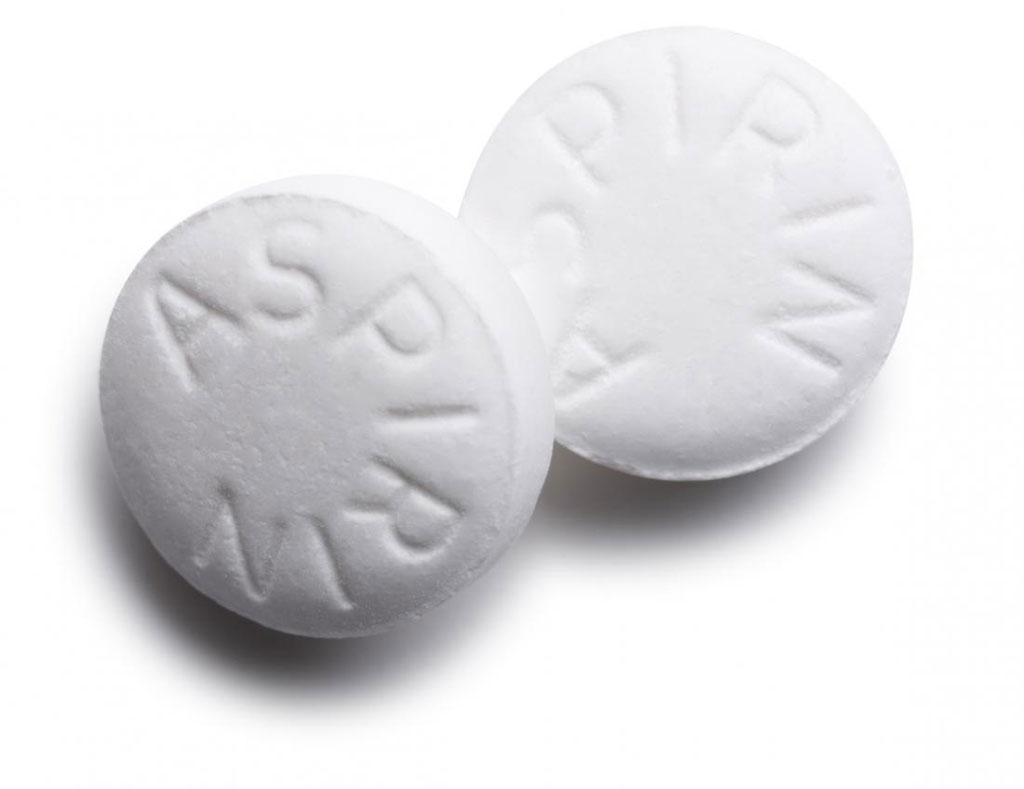Healthy people who take a daily aspirin to prevent heart attacks in later life may be doing more harm than good, research suggests.
Aspirin – which is a blood thinner – has for decades been given to people diagnosed with heart disease to stop heart attacks and strokes.
But many healthy people in middle age also take the pills as an ‘insurance policy’ against heart problems.
A major new study, which includes data from more than 160,000 people, concludes the risk of major internal bleeding significantly outweighs the benefit of aspirin among those with no history of heart disease.
The review, led by experts at King’s College London, reinforces growing evidence that aspirin should no longer be used for ‘primary prevention’ – the term for treatment of patients who have no symptoms of heart problems.
The researchers found among healthy people, use of aspirin saw risk of heart attack or a stroke drop 11 per cent.
But the risk of bleeding went up 43 per cent.
This means that 265 people would have to take aspirin for five years to prevent a single heart attack or stroke – but one in 210 would have a major bleed.
Study leader Dr Sean Zheng, academic clinical fellow in cardiology at King’s College London, said: ‘This study demonstrates that there is insufficient evidence to recommend routine aspirin use in the prevention of heart attacks, strokes and cardiovascular deaths in people without cardiovascular disease.’
The team found the picture was more complicated for patients diabetes, who are at higher risk of heart disease and who are often prescribed aspirin.
Among these patients the risk of a heart attack or stroke also dropped 11 per cent – and the risk of bleeding went up 30 per cent.
Dr Zheng said: ‘There has been more uncertainty surrounding what should be done in patients who are at higher risk of cardiovascular disease and in patients with diabetes.
‘This study shows that while cardiovascular events may be reduced in these patients, these benefits are matched by an increased risk of major bleeding events.
‘Aspirin use requires discussion between the patient and their physician, with the knowledge that any small potential cardiovascular benefits are weighed up against the real risk of severe bleeding.’
In the past low-dose aspirin, which is very cheap, was frequently prescribed for even healthy people in middle age to reduce heart disease.
Guidelines issued by several professional health bodies between 2005 and 2008 solidified this position, recommending routine use of aspirin for people aged 50 and older with type 2 diabetes or high blood pressure.
A decade ago a series of major studies started to reveal the risk of major bleeding, and guidelines were changed to remove the formal recommendation, but many doctors still prescribe the drugs.
Experts are also concerned many the ‘worried well’ who take the tablets without being aware of side-effects that can include internal bleeding.
Professor Jeremy Pearson associate medical director at the British Heart Foundation said: ‘Current guidelines do not recommend aspirin for people who don’t already have heart and circulatory diseases.
‘This is because, while aspirin reduces these people’s risk of heart attacks and strokes, any benefit is outweighed by an increased risk of bleeding.
‘If you have a heart attack, your doctor will usually prescribe a daily aspirin to try and prevent a second attack. In this case, the reduced risk of a second life-threatening heart attack substantially outweighs the risk of side effects, such as bleeding.
‘The risk of bleeding from aspirin is likely to differ between groups of people. Further research may well uncover subsets of people where benefits do outweigh risks, paving the way for personalised treatments.’
Professor Jane Armitage of the University of Oxford, said: ‘The conclusion [in this paper] reinforces the message from those trials that, for healthy people, the small benefits of aspirin in preventing strokes and heart attacks are counter balanced by increases in the risk of serious bleeding.’
Source: Daily Mail

















